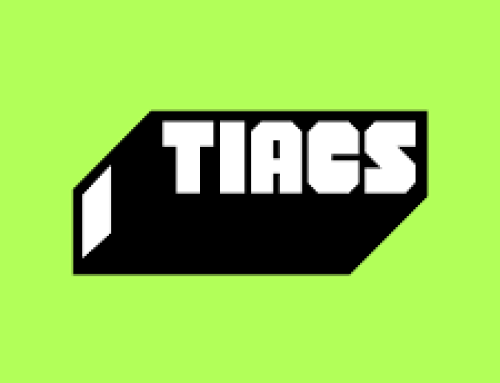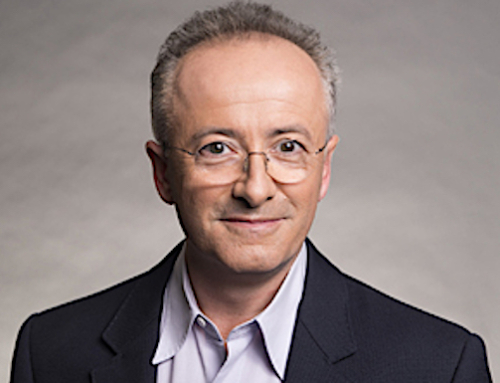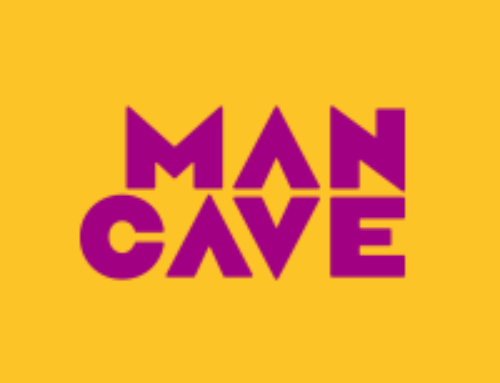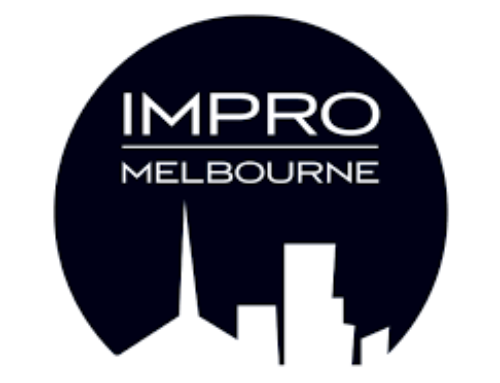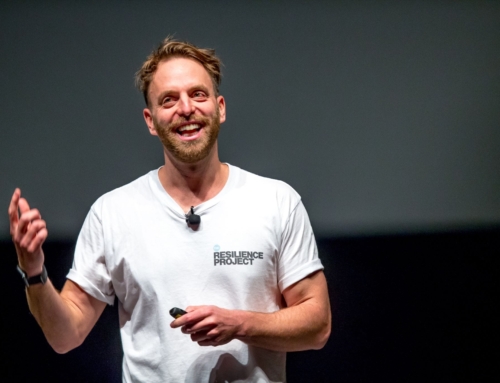Khadija Gbla’s story is one of my favourite examples of someone transforming their trauma into power. At nine years old, Khadija was pinned down by their primary caregiver, their mother while someone who their mother had paid took a knife and performed an act of violence on Khadija’s body. In order to protect the brain from processing this trauma, Khadija developed amnesia. It was only when volunteering at Women’s Health Statewide in South Australia that Khadija saw a pamphlet about Female Genital Mutilation (FGM). The diagram of Type II (where the clitoris and part of the outer labia are removed) resembled their own body and repressed memories began to surface:
“I believed it was normal to have a scar in your vulva because I had no memory. When I remembered, my body felt like I was going through the experience all over again, there was such a visceral response.”
FGM is a form of gender based violence, child abuse and gender discrimination which is conducted as a means of the patriarchy controlling women’s bodies and autonomy. The World Health Organisation’s definition of FGM encompasses ‘all procedures that involve partial or total removal of the external female genitalia, or other injury to the female genital organs for non-medical reasons’. FGM is often a custom that passes through generations borne of a belief that the procedure will preserve purity, cleanliness, and family honour in preparation for marriage. Rather than perpetuating rigid stereotypes, it is seen to be a means of empowerment by preserving virginity.
Many people engaging in FGM believe they are doing the right thing because it is is the norm. An estimated 230 million girls and women are believed to have been subjected to female genital mutilation. The United Nations Population Fund estimated that in 2023, nearly 4.3 million girls were at risk of female genital mutilation that year, up from 4.1 million girls in 2019.
Consequences of FGM can include:
- scarring,
- cysts
- abscesses and other tissue damage
- vulnerability to infections
- infertility
- incontinence
- chronic pain, especially when menstruating “Heavy and painful periods landed me at the emergency every month”, or having sexual intercourse.
- Complex Post Traumatic Stress Disorder
Khadija wanted to proceed in a healthy productive way:
“I took time and sought professional help to process my feelings of anger, betrayal, and sense of injustice. There was a lack of consent or explanation so I felt powerless and violated, like I had something precious stolen. I even felt anger towards myself for not being able to protect myself.”
Khadija’s goal is to support survivors and to protect people from FGM in Australia by making FGM a mainstream issue.
“The strategy was breaking the silence and starting a dialogue:
“Change begins with questioning the status quo and planting the seed that life could be different. Sometimes the smallest actions are the most impactful. It’s the father at home who questions gender bias. It’s the mum who questions buying stereotypical toys. When you know better, you do better.”
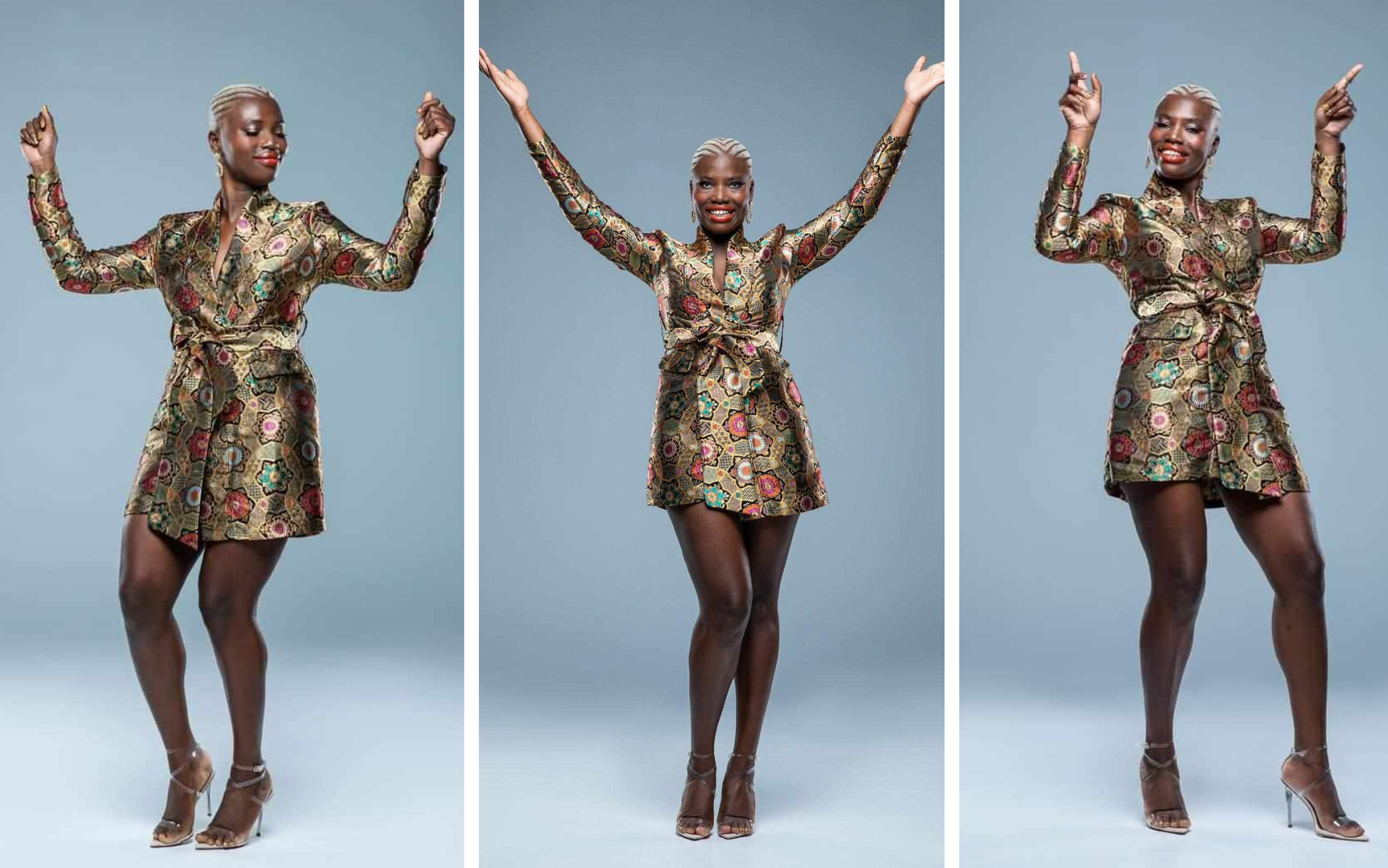
The advocacy is ‘built on a platform of trauma’ but the work enables them to channel their experience into something positive:
“It ends with me. The standards you walk by are the standards you accept. All it takes for evil to happen is inaction. Systemic change starts small then grows. I have found advocacy empowering and healing. The outcome has been absolutely worth the discomfort.”
Effective advocacy is only possible, Khadija says, if you practice self-care:
“I don’t subscribe to the white colonist form of therapy but I prioritize my mental health. You can’t give from an empty cup. I’m a believer that when a survivor has not done our own trauma healing, we may end up bleeding ourselves because we haven’t dealt with our own wounds. Especially where your advocacy can amass backlash, you need to look after yourself and make sure you have a solid foundation of self otherwise the work is not sustainable.”
Bias, prejudice, racial inequality, and racism are ever-present barriers to Khadija’s work:
“I’m talking about an issue people think is cultural, but white women have also be subjected to labiaplasties and the ‘husband stitch’. They were operated on because they were called hysterical, when they were really just speaking up and advocating for themselves. The idea that FGM is a cultural practice is wrong, this is gender-based violence that transcends culture, race, class, and sexuality. We are all in this together, the patriarchy is the problem.There is also a lack of porn literacy, in reality vulvas are so diverse.”
In 2019 4.3 per 1,000 women and girls in Australia, or 0.4% of Australia’s overall female population had undergone FGM. According to No FGM Australia, approximately 11 girls are at risk of FGM in Australia each day,More than a cultural issue, FGM is borne of sexism and gender inequality. ‘Violence against women is global.’:
Low health literacy means the connection between FGM and late onset symptoms are often not realised: “Much of my work is educating people and dispelling myths.”
For the single parent, speaking out about the dangers of FGM has cost them community, connectivity and changed the way they parent:
“Being a mother now, it is interesting the lengths I will go to to protect my son when I compare it to my own experience. It is evidence of the healing and ending of generational family trauma.”
Khadija has a self-described intersectional identity. They are a non-binary, queer, disabled human rights activist. Khadija lives with complex neurological and physical conditions including fibromyalgia, myalgic encephalomyelitis, Ehlers Danlos syndrome (EDS), complex PTSD and complex regional pain syndrome (CRPS), most of which they were diagnosed with since they were sixteen years old. They are a proud user of mobility aids, being an ambulatory wheelchair user and owner of a very useful (and very fashionable!) sparkly walking stick. When you are seeking safety and already living on the margins, having an additional label of difference is not something one can afford. Khadija pushed their body and mind to its limits because they didn’t have support to ask for the accommodations they needed:
“From the age of 13, I was going to doctors by myself seeking answers. I was speaking eight languages and just trying to advocate for myself. By the time I was 16, I recieved my first batch of diagnoses. It took me until I was 34 years old to be able to have the space, the opportunity, the safety to give that to myself and say I am disabled. Every stage of my life new things come up to work through.”
Their son’s diagnosis of autism level 3, and ADHD led Khadija to seek a diagnosis for themselves. In one sense, this broadened their advocacy, which has involved campaigning against FGM and domestic violence, and campaiging for gender equality and disability rights. In another sense, it cements that they were always first and foremost a human rights activist: “The personal is always political.”
With Khadija’s evolving advocacy and collaborations, including modeling and content creation, it becomes necessary for them to regularly reflect and ensure their work aligns with their values:
“I question my values and my why, am I still doing this for the right reasons?”
As part of this practice, they also journal regularly, perform grounding exercises, and recite gratitude and affirmations.
When asked if Khadija tires of the advocacy fight, she shares that it is now a way of life but needs more help:
“My work is trying to create a better world. I don’t wish to quit but I wish it was everyone’s burden, not just mine. I wish for more community investment, more political goodwill, and more buyin to the fight.”
So how do we help?
“People are the changemakers. The ways people can help me in my mission is by booking me for training sessions. I do training on gender equality, racial equality, domestic violence, sexual health, mental health, intersectionality, neurodiversity, transcare, trauma informed care, looking at how to engage with Culturally And Linguistically Diverse communities. You can book me for modelling, content creation, collaboration. You can share my TED talk, follow me on Instagram, have me on podcasts and donate to anti-FGM organisations such as Desert Flower. There is currently no book on FGM so people could assist me by volunteering their writing, marketing and publishing skills. I would love to hear from anyone eager to join me in the fight.”


